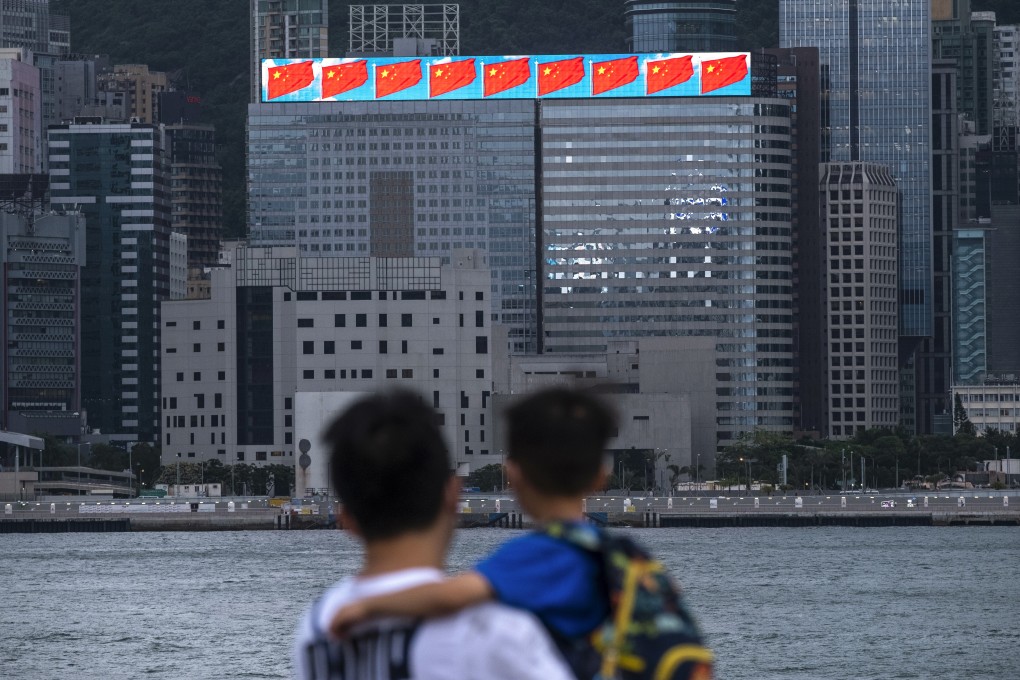Advertisement
Joint declaration ‘not relevant’ to national security law for Hong Kong, says Beijing
- Statement counters ‘typical falsehoods’ about the controversial legislation, and says 1984 Sino-British Joint Declaration gave Britain no right to intervene
- External forces and ‘Taiwan independence’ forces have stepped up their interference in Hong Kong, it claims
Reading Time:3 minutes
Why you can trust SCMP

China’s foreign ministry issued a “fact sheet” on Wednesday defending Beijing’s decision to impose a national security law on Hong Kong, following worldwide concern that the proposed legislation would undermine the city’s freedoms and autonomy, and destabilise the business environment.
The ministry said the statement was meant to dispute six “typical falsehoods” about the move by Beijing, endorsed by the country’s legislature last month. It addressed matters including the proposed law’s legitimacy and legality, the urgency for Beijing to act, implications for the “one country, two systems” principle by which Hong Kong is governed, and the city’s freedoms and business environment.
The statement said that the 1984 Sino-British Joint Declaration – which China has been accused of breaching by undermining Hong Kong’s partial autonomy – was “not relevant” to the national security law, and that “other countries and organisations have no right to meddle in Hong Kong affairs on the grounds of the joint declaration”.
Advertisement
Beijing’s decision to initiate the security legislation, bypassing Hong Kong’s legislature, prompted Washington to declare that Hong Kong no longer enjoyed a high degree of autonomy, and vow to retract the special status by which the US grants the city privileges not applied to the rest of China.

03:18
Hong Kong’s national security law is like ‘anti-virus software’, top Beijing official says
Hong Kong’s national security law is like ‘anti-virus software’, top Beijing official says
The decision has also prompted Britain to respond by saying it would offer Hongkongers with British National (Overseas) passport status a path to British citizenship if Beijing pressed ahead with it.
Advertisement
Advertisement
Select Voice
Choose your listening speed
Get through articles 2x faster
1.25x
250 WPM
Slow
Average
Fast
1.25x